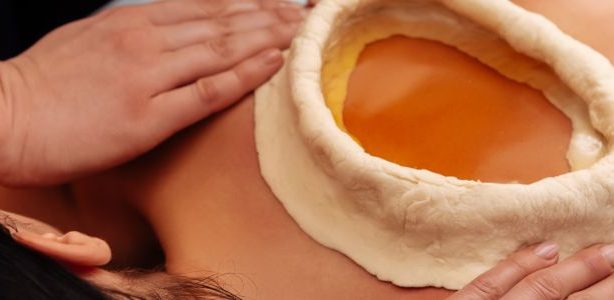Ayurvedic Treatment For Constipation
Constipation can be much more than just a slow bowel movement. According to Ayurveda, constipation is a signal of imbalanced Vata and blockage of channels. Even though constipation is a simple discomfort, if neglected and not treated in time, it may lead to a major problem. Vata dosha is responsible for constipation. Ayurvedic Treatment For Constipation focuses on a diet that needs to be overhauled to exclude and limit any intake of heavily processed foods.
The importance of proper nutrition is heavily emphasized in Ayurveda as digestion is regarded as the foundation of good health, with all diseases originating from faulty eating habits and poor food choices. Ayurveda recommends a diet that best suits the person. Ayurvedic Treatment For Constipation consist of diets that promote digestive enzymes, digestion, restore normal intestinal flora, improve the digestive fire and fulfill a nutrient deficiency. Even more importantly, they contribute to normal bowel movement.
Constipation may be associated with organic local lesions or generalized systemic disease. Constipation is predominantly triggered by an imbalance in the vata dosha and since the colon is considered ‘home base’ for vata, it is no wonder that constipation is triggered first when we are out of balance.
A bad diet is one of the key factors triggering constipation. Fiber not only fills the stomach, but also helps add bulk to your stool making it easier to pass. Ayurvedic Treatment For Constipation dictates that ideally, a person should have 20-40 grams of fiber a day. Consumption of green leafy vegetables to increase roughage in one’s diet in also recommended.
Toxins in the colon and constipation, however, cannot always be simply treated with purgatives. These can weaken the tone of the colon and breed dependency. Ayurvedic Treatment For Constipation suggests that digestion must improve with the right use of spices; the Agni or digestive fire must be normalized.
In terms of life-style, it is important to arise at dawn (Vata time and colon time) and to empty the bowels. Often a glass of water or herbal tea will help stimulate peristalsis. Yoga postures or a mild massage of the lower abdomen are also helpful.



